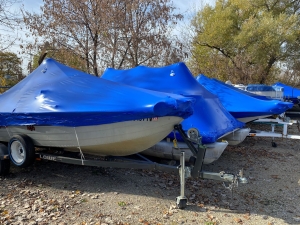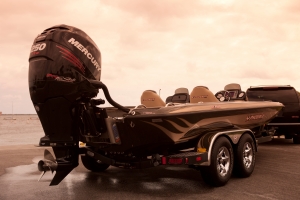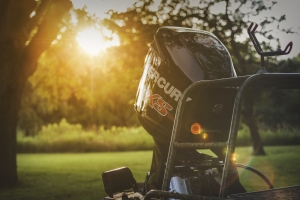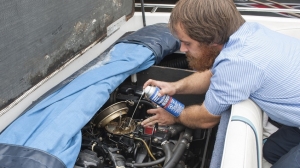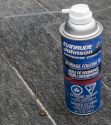Displaying items by tag: Winterize
WINTERIZATION: PERPARATION FOR BOATING IN SPRING
Being a boater in Michigan, you cant really compain about the weather we have had this year. Its now mid November and we are just starting to see the cold winds from the north roll into the state. I mean, an extra month or so out on the water is never a bad thing, but now its time to kick it into gear and winterize the boat for the upcoming months ahead. Winterizing the boat is one of the last things we want to deal with in the fall, well other than raking the leaves, but its essntial to protecting your investment and utilizing all of your days on the water next spring. Boats can be expensive to own but fixing broken parts due to poor winter preparation can get even pricier.
DON'T MAKE THESE MISTAKES WHEN WINTERIZING YOUR OUTBOARD
Winterization season. Its a sad time of year for serious boaters and die hard lakers when they come to the realization that they have to prep the boat for the winter months and store it away until spring. To be honest, its not something any boater looks forward to, but if not done you can have some major issues and huge costs on your hands come spring time. If you are like me and winterize your outboard on your own you are going to want to do it by the book. That means treating the fuel system with stabilized gas, changing the gearcase lube, fogging the powerhead and lubricating all of the moving parts. Even if you do all of these things to a T, you can still screw up and make some huge mistakes that will leave you at the dock next season.
Protect Your Investment By Winterizing At Vans
The summer sun has finally set and its time to start the annual fall chores of pulling the boat out and beaching the dock. Usually this task is an all day event, or in some cases if you have multiple boats and a longer dock, it can be all weekend. But the work doesn't stop there. Once you have all of that finished, don't just rush your boat straight over to the storage site. Get it winterized and prepped for the brutal Michigan winter months ahead. I know it's a pain in the neck to have to deal with after you just did all of that work, but it could save your boating season next year. Or at least the start of it. A boat is an investment and you should protect it, especially with something as easy as getting it winterized.
Tips on Winterizing Your Boat
The stuff that floats your boat during the summer can cause major league damage to your craft during the winter.
Damage from freezing is all related in one way or another to presence of unwanted water. The same tremendous force that can cause roads to buckle and building foundations to heave is the culprit behind everything from damaged boat hulls to cracked engine blocks.
So whether you are a first-time boat owner or a veteran of boating, here's a checklist of ways to prevent winter’s freezing temperatures from damaging your craft.
How to Winterize Your Boat to Avoid Springtime Damage
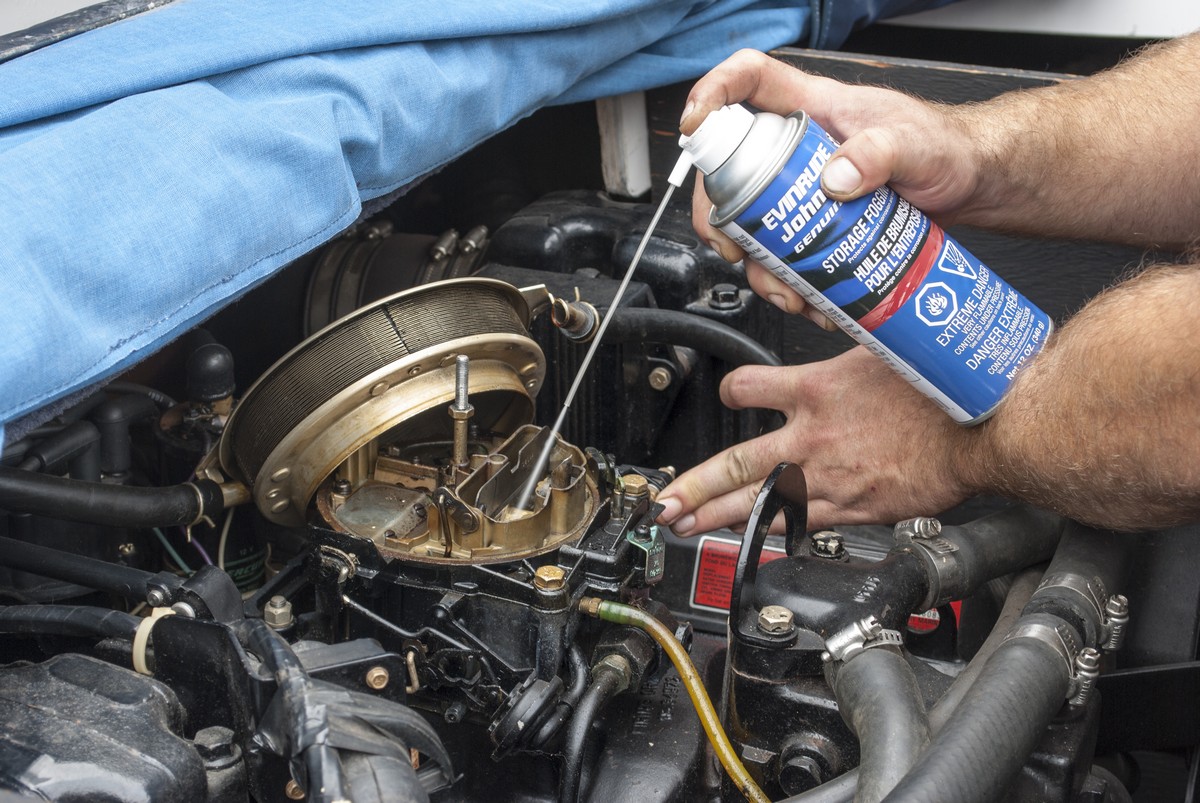 With the boating season coming to a close, it's time to start thinking about preparing your boat to face the freezing temperatures and harsh conditions of a northern winter.
With the boating season coming to a close, it's time to start thinking about preparing your boat to face the freezing temperatures and harsh conditions of a northern winter.
Why Winterizing is Important
The purpose of winterizing your boat is to prevent the potential damage of leaving water in dangerous places when freezing temperatures arrive. When water freezes, it can expand almost 9%, which is enough to place substantial pressure on a boat's external frame and internal structure. Repairing freeze damage is a large expense, and some people are forced to replace their engine completely. Northern winters come early, so don't procrastinate winterizing your boat.
The Winterizing Process
While the ideal winter scenario is placing your boat in a temperature controlled, covered boat storage area, this service is expensive. You can take care of the boat yourself by following a few simple procedures. These steps will ensure your boat endures the biting temperatures in coming months.
To properly winterize your boat, you must:
- Get rid of all water. This is the most crucial part of winterizing. Drain all water from pipes, plumbing lines, exhaust manifolds, sewage tanks, and most importantly, the engine. Any water left to freeze in these areas can cause significant and costly damage to your boat during winter.
- Add a fuel stabilizer to your fuel. Make sure the stabilized fuel is distributed throughout your fuel system.
- Lubricate the engine. Fog the cylinders with a fogging oil. Grease any joints or bearings.
- Remove the drain plug. This step is important for ashore storage because it provides drainage for any water entering the boat. Storing your boat ashore in cold winters is critical. Since the lakes freeze, boats are vulnerable to severe damage if they remain in the water. Remember to replace the drain plug when springtime arrives!
- Find a good cover. Make sure your cover is designed to handle the extra weight of snow build-up. You'll need a snug fit to keep unwanted visitors, like rodents, off the boat. Moth balls can be a good deterrent for unwanted visitors.
- Store at an angle. Find a way to raise the bow enough to create a slight angle. This encourages proper drainage throughout the winter.
Winterizing an I/O:
Winterizing an Outboard:
Boat owners, take the proper precautions to guarantee your boat survives the winter. To learn more about proper winterizing techniques, contact the boat experts at Van's Sport Center!


